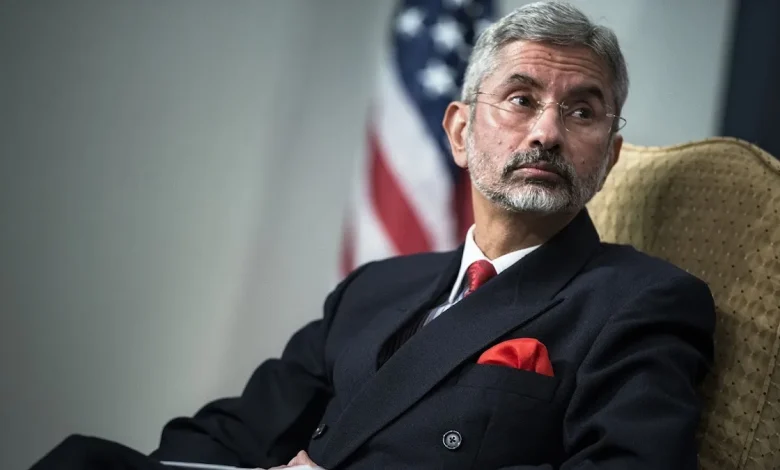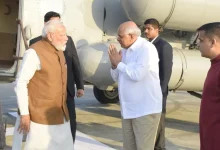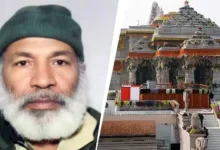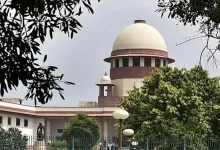Jaishankar Defends India’s Autonomy in Fiery UNGA Address, Slams US and China Over Trade Double Standards

United Nations – In a sharp critique delivered at the 80th session of the United Nations General Assembly, External Affairs Minister S. Jaishankar lambasted major powers for their inconsistent approaches to global trade and crises, positioning India as a steadfast advocate for the Global South’s independence.
Jaishankar’s speech, which drew a round of applause for his earlier condemnation of Pakistan as a terrorism hub, highlighted the erosion of trust in the international order due to fluctuating tariffs, curbs on technology, and forced alterations in supply chains. He emphasized that such measures were compelling nations to diversify away from overreliance on single suppliers or markets, a clear nod to ongoing economic frictions.
“Bharat will always maintain its freedom of choice,” Jaishankar declared, underscoring India’s resolve as the world’s most populous country and a burgeoning economic force. He portrayed the nation not just as a demographic giant but as a civilizational power unafraid to chart its own course amid external pressures.
The minister’s comments appeared to take indirect aim at the United States, particularly in light of President Donald Trump’s recent vow to impose a 100 percent tariff on imported branded and patented pharmaceuticals starting October 1. Trump, posting on Truth Social, stated: “I’m putting a 100 per cent import tax on pharmaceutical drugs unless the companies are building plants right here in the United States.” This escalation in his trade war has heightened strains with India, which already faces 50 percent duties on its imports of Russian oil—a penalty for defying U.S. pleas to halt such purchases.
Recent negotiations between Indian and U.S. trade representatives in New York ended without breakthroughs, as New Delhi pushed for relief from these levies, citing the need for affordable energy sources.
Jaishankar also leveled criticism at China, advocating for diversification in critical mineral supply chains to counter what he described as excessive control and dependency risks. He further rebuked affluent countries for their handling of the Covid-19 pandemic, noting how wealthier societies prioritized their own access to resources, leaving developing nations to fend for themselves before delivering “sanctimonious lectures.”
These remarks followed a BRICS foreign ministers’ gathering hosted by India on the UNGA sidelines, where the bloc now comprising 10 members reaffirmed its role as a proponent of rational reform in a strained multilateral landscape. A joint BRICS statement voiced alarm over the rise of trade barriers, including tariffs and non-tariff hurdles, which threaten to splinter global commerce, exacerbate inequalities, and sideline southern economies.
Trump has singled out BRICS for what he calls anti-U.S. moves, like encouraging local-currency trade, and threatened up to 100 percent tariffs on nations including China, Brazil, and South Africa.
Jaishankar’s address reinforces India’s balancing act on the world stage, rejecting coercive tactics while championing equitable global norms. As trade tensions simmer, his words serve as a reminder that emerging powers like India will not yield their strategic options lightly.




